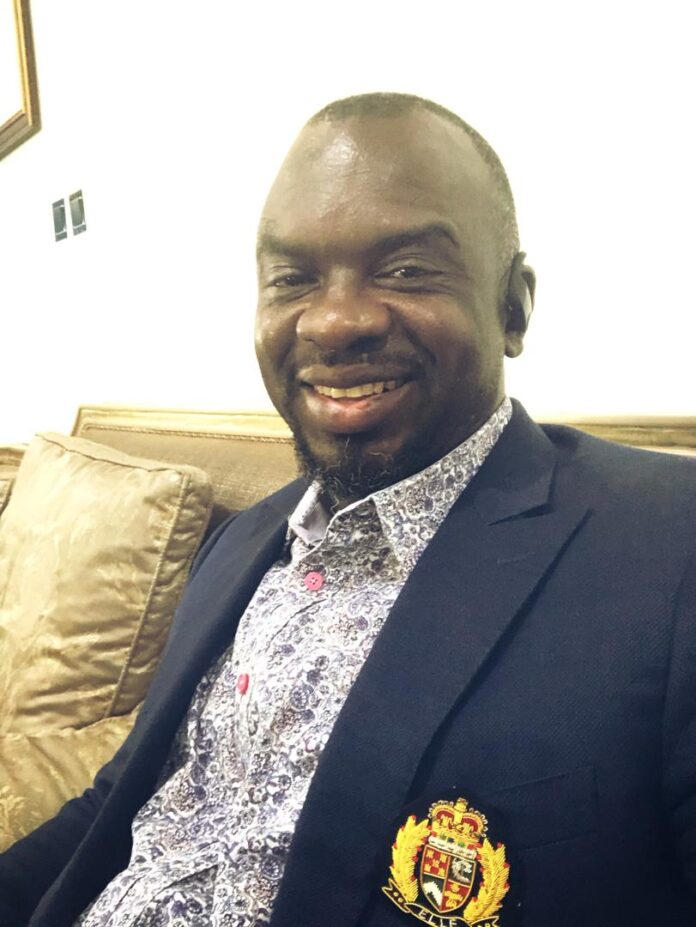By Gideon Inyom
Nigeria may not officially be a one-party state, but the nation’s political atmosphere is beginning to feel dangerously close to that reality. Since the return to democratic governance in 1999, two major political parties — the People’s Democratic Party (PDP) and the All Progressives Congress (APC) — have alternated power, yet the country continues to grapple with deepening insecurity, economic hardship, rising unemployment, and a general sense of hopelessness.
To its credit, the PDP once stood as a truly national party, with widespread grassroots structures, internal coherence, and a visible identity. However, over time, even this legacy has crumbled. Internal divisions, ideological drift, and the constant wave of defections have left the party fractured and weakened from within. The APC, which emerged as a merger of opposition blocs, has not fared better in terms of fulfilling the promise of transformative leadership. What we now witness is a disillusioned electorate and a restless younger generation that no longer believes in the traditional machinery of Nigerian politics.
Amidst this growing distrust, new political coalitions have begun to emerge, one of which is the African Democratic Congress (ADC). But a closer look reveals that the ADC is not the clean break from the past that it appears to be. It is, in essence, a rebranded fusion of recycled PDP and APC elements — a strategic effort to mask old political interests with new rhetoric. What is being presented to Nigerians as a new alternative is, in reality, a continuation of the same political script, acted out by familiar characters under a different party logo. It is not a revolution; it is repackaging. It is not reform; it is manipulation. These alliances are not designed to empower ordinary citizens. They are crafted to re-legitimize old power brokers by borrowing the energy and credibility of the youth.
While these political actors switch parties as easily as SIM cards, young Nigerians across various sectors are making quiet, powerful moves. In the past year alone, over 100 young Nigerians have built digital platforms with audiences larger than the population of some states. An equally impressive number have launched startups that are solving real-world problems, creating jobs, and achieving impressive growth despite minimal support. These are Nigerians building legacy, driving innovation, and making impact from the ground up.
But success in business, media, or the arts cannot insulate anyone from the consequences of public policy. The unfortunate reality is that politics shapes policy, and policy shapes lives. That influencer tax making life difficult for content creators? That’s policy. The Central Bank’s controversial ban on cryptocurrency platforms? That’s policy. The alarming 40% youth unemployment rate? Also policy. The prohibitive cost of broadband and the decades-long collapse of public education? All are consequences of policies created by a political class that has remained largely unchanged for decades.
No matter how brilliant the work of young Nigerians in tech, media, entertainment, or business, their progress remains vulnerable to a system controlled by lawmakers and leaders who are far removed from the realities of a modern, innovative nation. What Nigeria needs now is not another repackaged party. It needs a complete reimagining of what political participation and governance should look like.
There is a pressing need for a new political operating system — one driven by competence, not connection. One built digitally and transparently, grounded in accountability and performance. It should be a platform led by problem-solvers, policy hackers, educators, creatives, and innovators. It must focus on legislative priorities that promote startups, protect innovation, reform education, support decentralization, and ensure digital inclusion. It must be a platform that reflects the Nigeria of today, not the one imagined by yesterday’s elites.
This transformation, however, must be approached with strategic clarity. The 2027 general elections must be seen not as the final destination, but as a launch test — a dress rehearsal for something bigger. It should be used to identify and test young candidates with credibility and competence, especially for State and National Assembly seats. Lessons learned from this first phase can then be used to prepare a more powerful movement in 2031, when the old guard will be more vulnerable to meaningful displacement.
Let those who are desperate to preserve the current system contest 2027 with all the noise and theatrics they can muster. The focus for young, reform-minded Nigerians should be on building sustainable structures, developing policy frameworks, and grooming credible leaders. What we need is not inclusion into a decaying system — what we need is a total replacement of that system.
The political elite are not trying to empower the youth; they are attempting to survive through them. They want to exploit youthful energy, digital relevance, and street credibility to stage yet another return to power. Nigerians must resist this trap. It is time to stop lending our voices to their outdated scripts. It is time to write new ones — and lead them ourselves.
As we approach the coming political cycles, the questions that must guide our decisions are clear: Are we ready to support a youth-led political platform anchored in genuine reform? Who are the emerging leaders we can trust not just to inspire, but to legislate, reform, and deliver? Are we prepared to stop being used and start shaping the future?
The old order is collapsing. The future must not be inherited — it must be built. Let’s not waste time repairing what has already failed. Let’s replace it.
Gideon Inyom is a Innovation Strategist and can be reached via:
x: @doogideon
doogideon@msn.com



